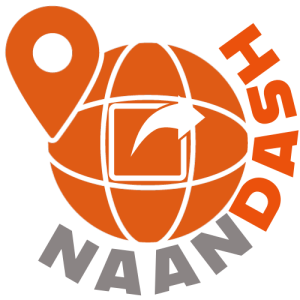GitHub this week made available a formal technical preview of an approach to building software that uses generative artificial intelligence (AI) to complete tasks on behalf of a software engineering team.
Rather than simply generating code for developers, GitHub Copilot Workspace is leveraging more advanced reasoning engine capabilities that are being added to large language models (LLMs) that enable generative AI to now, via a natural language interface, also make it possible to automate tasks such as creating builds and running tests.
Initially previewed last year at the GitHub Universe 2023 conference, GitHub Copilot Workspace enables software engineering teams to analyze a request for a new feature and then generate a plan that DevOps teams can edit as they best see fit using the GitHub Codespace tool.
Paul Nashawaty, practice lead for application development at The Futurum Group, said GitHub Copilot Workspace further lowers the bar for building software by making it simpler to manage application development projects. This addition to the GitHub portfolio makes it simpler to embed AI into a DevOps workflow, he noted.
Each software engineering team will need to decide to what degree they want to rely on AI to automate tasks, but the capabilities of these tools continue to rapidly expand. More powerful LLMs are expanding the scope of the tasks that can be automated to reduce DevOps toil. Many of the tasks that today are manually performed by software engineers will soon be performed by AI assistants.
.ai-rotate {position: relative;}
.ai-rotate-hidden {visibility: hidden;}
.ai-rotate-hidden-2 {position: absolute; top: 0; left: 0; width: 100%; height: 100%;}
.ai-list-data, .ai-ip-data, .ai-filter-check, .ai-fallback, .ai-list-block, .ai-list-block-ip, .ai-list-block-filter {visibility: hidden; position: absolute; width: 50%; height: 1px; top: -1000px; z-index: -9999; margin: 0px!important;}
.ai-list-data, .ai-ip-data, .ai-filter-check, .ai-fallback {min-width: 1px;}
The one thing that is certain is the volume of code written by machines is only going to increase. The challenge will be managing all the DevOps pipelines that will be needed to move increased volumes of code into production environments. AI will be applied to the management of DevOps pipelines, but for the moment, at least, the pace at which AI is being applied to writing code is already exceeding the ability of DevOps teams to review and manage it.
There will, of course, soon be no shortage of AI tools for automating the software development lifecycle (SDLC). In fact, DevOps teams might soon find they are being inundated with these tools, many of which have overlapping capabilities. Nor is it clear to what degree these various AI agents might be able to interoperate with one another, but as DevOps teams are augmented by a small army of AI assistants it will make it possible to manage DevOps workflows at levels of scale that not too long ago were unimaginable.
The biggest challenge will be determining to what degree these advances will enable advanced DevOps engineers to become efficient versus having more tasks performed by junior members of the team as the level of expertise required to complete them continues to decline, as DevOps becomes more democratized. On the plus side, the number of organizations adopting DevOps best practices that will continue to build software should exponentially increase.
Less clear is to what degree organizations might switch to another DevOps tools or platform when every vendor is making similar investments. AI capabilities are rapidly becoming table stakes for software development.






